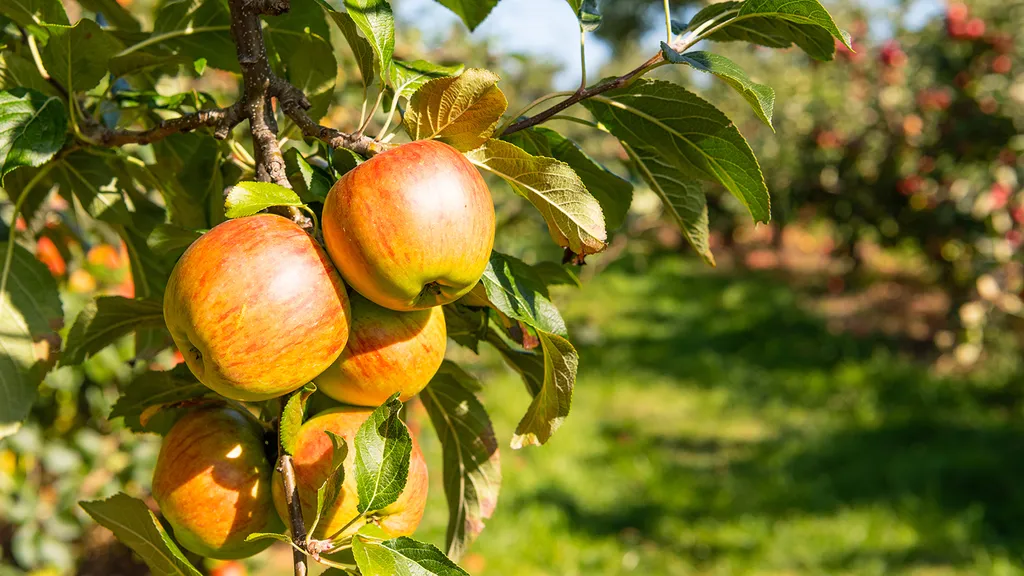+1-214-701-9955
- Gardening For Food. A better way of living

As the fall fruit harvest nears its end and the leaves begin to turn and fade, fruit tree owners may think it's time to let nature take its course and prepare their trees for winter dormancy. However, this season is crucial for ensuring healthy trees and bountiful harvests in the coming year. It may seem like a time to wind down, but fall is actually one of the most important periods when growing fruit trees. While winterizing fruit trees should form an essential part of your fall garden to-do list, common mistakes during these months can lead to serious setbacks.
We asked fruit tree expert, author, and founder of Orchard People, Susan Poizner to share her insights on the top mistakes people make when caring for fruit trees in the fall – and how to avoid them. Whether you have a single apple tree in your backyard or a mini orchard, taking the time to understand and address these seasonal missteps can prevent common fruit tree diseases, pest infestations, and even fruit loss.
From improper fruit tree pruning to neglecting essential soil care, this tips provide a practical approach to fall tree care that will keep your fruit trees healthy, resilient, and ready to thrive when spring returns. Avoid these common fall care pitfalls and give your fruit trees the best possible chance to flourish.
1. Not Watering
In the fall, fruit tree growth slows, so many people stop watering, unaware of how important hydration is for winter fruit tree survival.
2. Leaving Roots Unprotected
When mulching trees in the fall, avoid using compost, as it can break down too quickly and stimulate growth when the tree should be going dormant.
3. Pruning in the Fall
Although it may be tempting to prune fruit trees in the fall, but this is the worst time to do it.
4. Applying Commercial Fertilizers
Susan believes that fertilizing fruit trees with strong commercial products can cause long-term damage and that gardeners should take a natural approach instead.
5. Not Collecting Fallen Leaves or Fruit
Leaving fall leaves on the ground has become a popular low-maintenance solution in recent years, with the idea that they will decompose and serve as a natural mulch and fertilizer. However, Susan believes gardeners should think twice when it comes to their fruit trees.
6. Leaving the Trunk Exposed
To overwinter fruit trees, Susan believes it’s important to protect their trunks from winter sun damage and from pests.